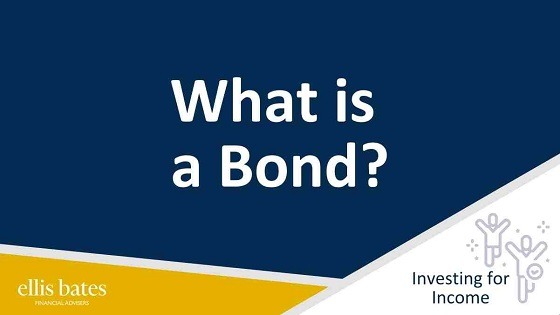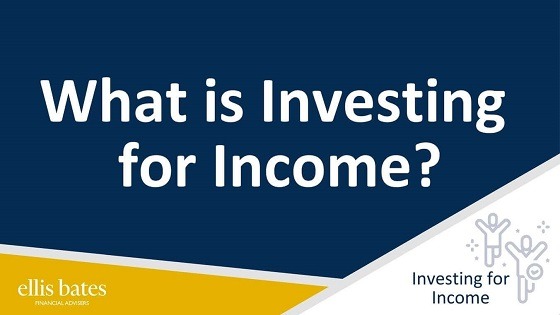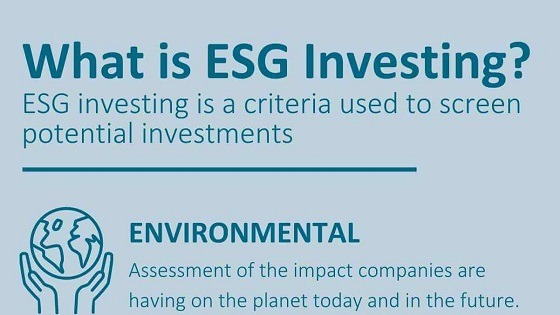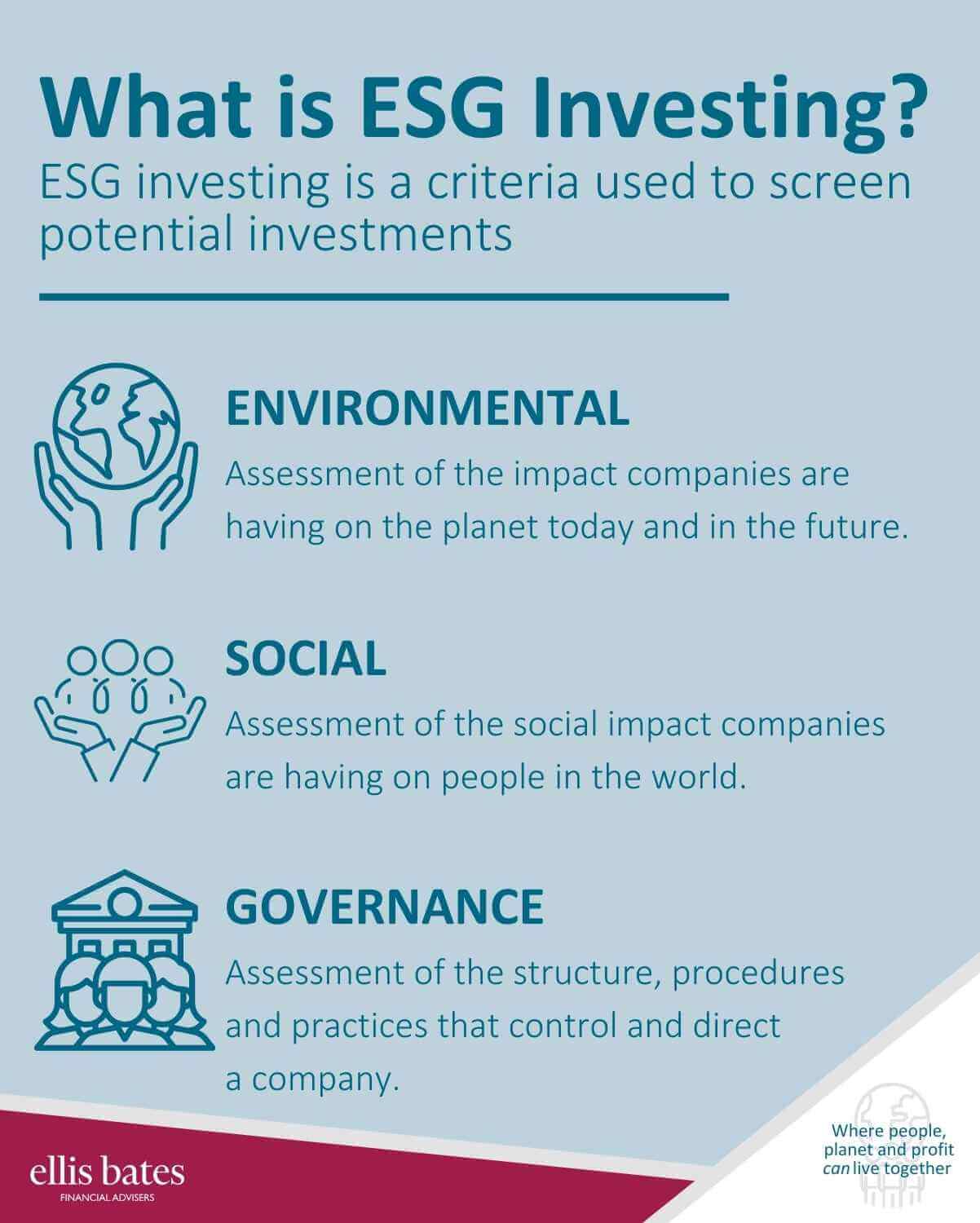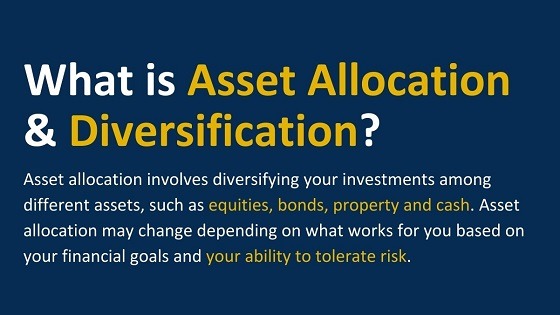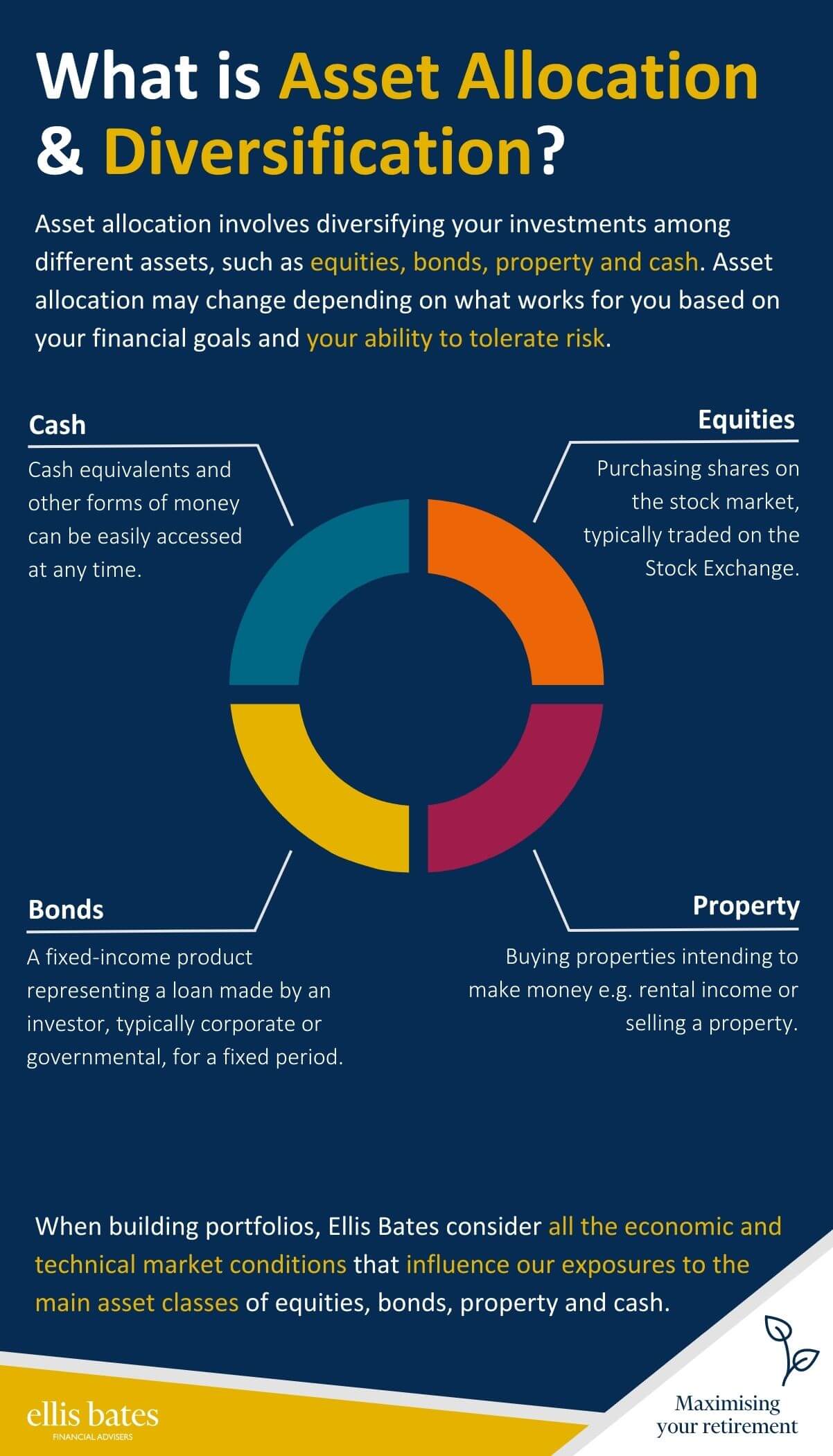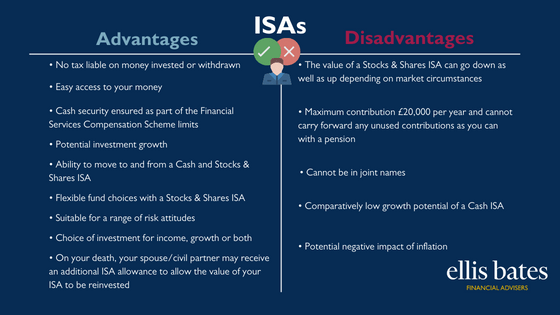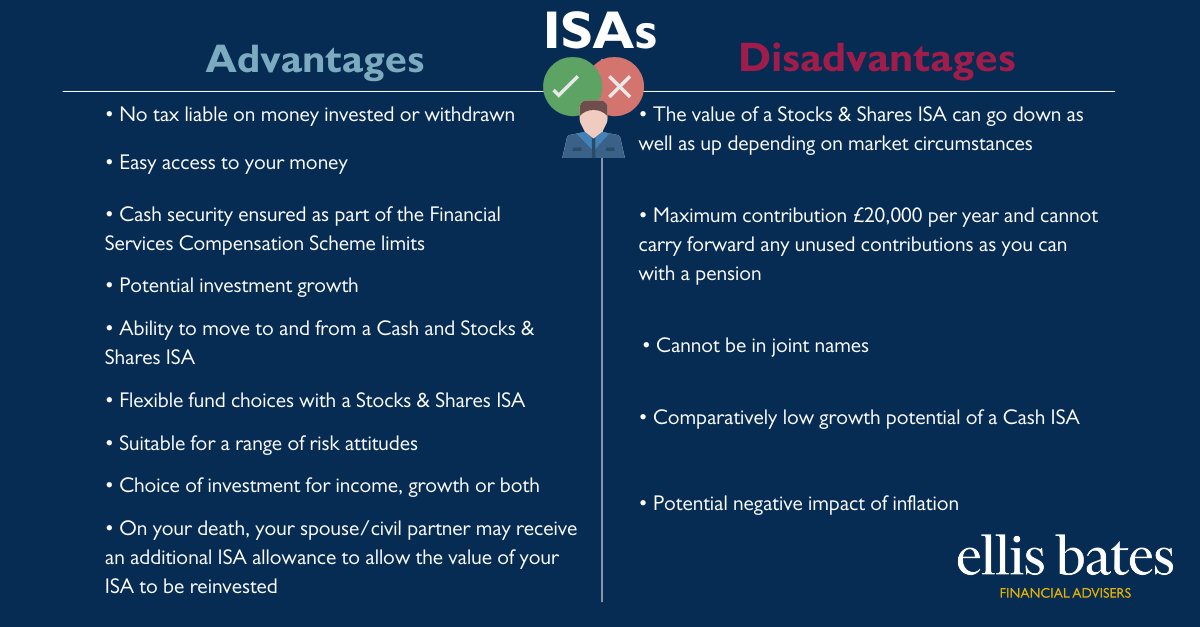What is a bond?
https://www.ellisbates.com/wp-content/uploads/2023/09/What-is-a-bond.jpg 560 315 Jess Easby Jess Easby https://secure.gravatar.com/avatar/70f816837c455030814d46a740cfc12d89893aaf8cbf8c8f8f59387d7b30ac08?s=96&d=mm&r=gWhat is a Bond?
Bonds are debt instruments issued by governments and companies, as a way of raising money for new projects, business expansion, or other expenditures.
Bonds are typically issued with a maturity date, at which point an investor receives a fixed amount of capital (called the nominal value). For UK bonds, this amount is invariably £100 per bond – this means that if the bond is held to maturity, investors will receive £100, regardless of what the market thinks of the price in the meantime.
Between now and maturity, the bond pays interest at a specified rate, generally every six months. The rate of interest that a bond pays is meant to reflect the risk of these issuers. For example, UK government bonds (gilts) and US government bonds (Treasuries) are considered to be ‘risk-free’, as these governments are unlikely to default on their financial obligations, hence they tend to pay relatively low rates of interest.
The rate of interest on corporate bonds (i.e. bonds issued by companies) will typically be higher than government bonds as they come with more risk, given that a company is more likely to default on their payments than a government. That said, this depends on the issuers in question.
Although bonds can offer fairly reliable returns, issuers can default on their loans just like any other borrower. Generally, coupons on investment grade (high quality) bonds are more secure than on high yield bonds, and on government bonds versus corporate bonds (again, dependent on issuer).
As with all investments, bonds carry risk, and prices can go down as well as up. In particular, bonds are sensitive to inflation and interest rates, and expectations thereof, since most bonds pay a fixed rate of interest. If inflation is rising, central banks will likely increase interest rates, to encourage people to borrow less and save more – the theoretical reduction in demand for goods and services could then slow inflation.
Consequently, investors no longer prefer the lower rate paid by the bond, resulting in a decline in its price. The converse is true if inflation and interest rates are falling, or expected to fall. Some bonds are more sensitive than others in this regard.
Our Investment Services
Our expert Investment team are in-house and work hand in hand with your Financial Advisor on a daily basis and whether you are new to investments or want to re-evaluate your portfolio, we can help you.
Find out more about our investment services and how we can support you on your investment journey.

